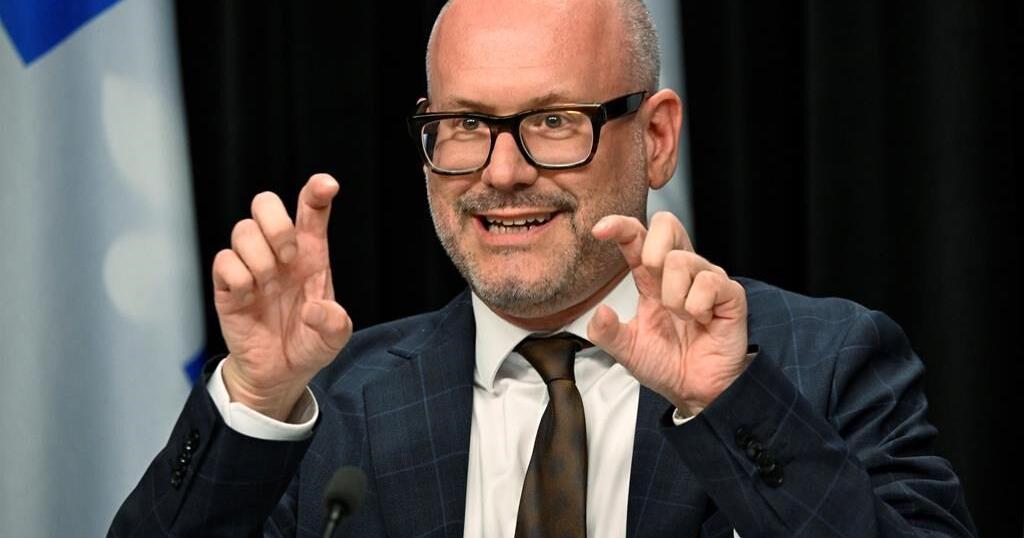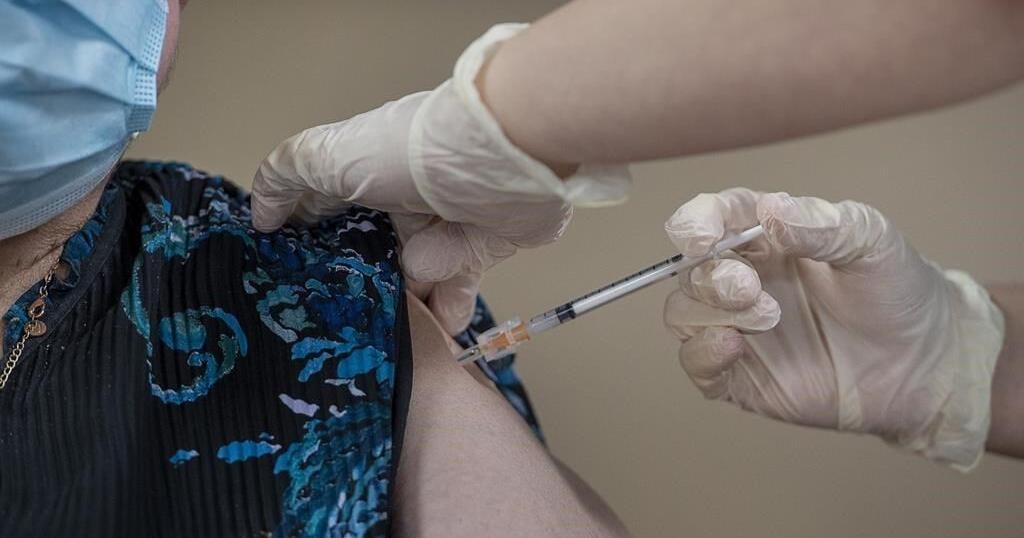OTTAWA —
Canadians with disabilities will be sent a one-time tax-free payment of up to $600, Prime Minister Justin Trudeau announced on Friday, in an effort to help offset the financial pressures of the COVID-19 pandemic.
This new financial aid will go to all who are eligible for the Disability Tax Credit, as of June 1.
Canadians who have a valid certificate for the Disability Tax Credit will receive $600. Canadians with a valid Disability Tax Credit certificate and who are eligible for the Old Age Security (OAS) pension will receive $300. Canadians who are eligible for both of these programs and are also eligible for the Guaranteed Income Supplement (GIS) will be receiving $100.
The government says that because of the special one-time payments going to seniors, the amount seniors with disabilities will receive through this stream will be less, but in the end will total the same amount of $600.
“People who are eligible for this special payment will receive it automatically,” the federal government has announced, meaning that eligible recipients of these new one-time payments will not need to apply. However, as announced with the seniors funding on Thursday, it could be weeks before the money lands in the hands of those eligible.
For those who are eligible and under the age of 18, the special payment will be sent to their primary caregiver and in cases of shared custody, each parent will receive $300.
“This payment will go to existing disability tax credit certificate holders, which includes parents with children or dependents with disabilities, seniors, veterans and many other Canadians that we know have costs associated with severe and prolonged disabilities,” Minister of Employment, Workforce Development and Disability Inclusion Carla Qualtrough said on Friday.
Some Canadians with disabilities had been watching the various announcements for students, seniors, and other targeted demographics and have been left wondering why they appeared to have fallen through the cracks.
For many already living on a low income, they are facing more expenses due to the pandemic, such as increased costs for personal support workers, grocery delivery fees and prescription drug dispensing fees.
The government estimates that 1.2 million Canadians will be eligible for this one-time top-up, which will cost $548 million. Among working-age Canadians with disabilities, more than 1.5 million are unemployed or out of the labour market entirely.
NEW ACCESSIBILITY PROGRAMS
In addition to the one-time payments, the federal government is launching two new accessibility-focused programs.
One, focused on national workplace accessibility, will see $15 million go to community organizations to develop programs and expand current training opportunities to help Canadians with disabilities adapt to the realities of COVID-19, including helping set up effective work-from-home arrangements and training for in-demand jobs.
The second is a $1.8 million fund being shared between five projects to develop accessible technology such as accessible payment terminals for individuals with sight loss; arm supports that will allow Canadians with disabilities to use standard technology; systems to allow Canadians with neurological conditions to interact with technology for a longer period of time; and to develop software to expand expression and voice recognition.
“We know this pandemic has deeply affected the lives and health of all Canadians and disproportionately affected Canadians with disabilities in particular,” Qualtrough said. “We also recognize that persons with disabilities are at a higher risk of job loss during economic downturns.”
Asked more broadly whether the government has plans to extend or amend the $2,000 a-month Canada Emergency Response Benefit in light of the shifting economic situation and gradual reopening, the minister said that conversations are underway.
“Our thinking moving forward is how do we balance a need to continue to support workers while not disincentivizing work, and absolutely those conversations are happening right now.”
Let’s block ads! (Why?)

Source link
Related






























